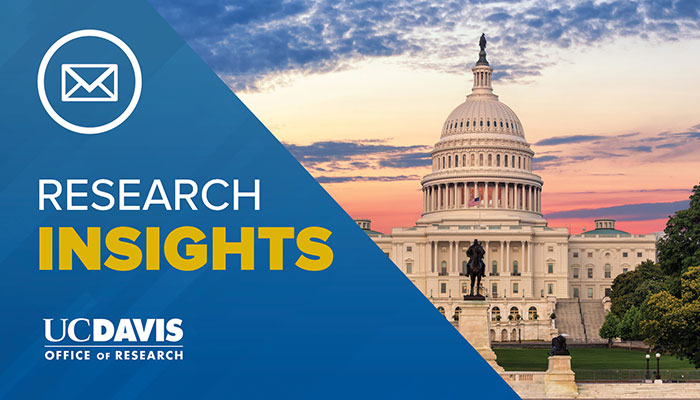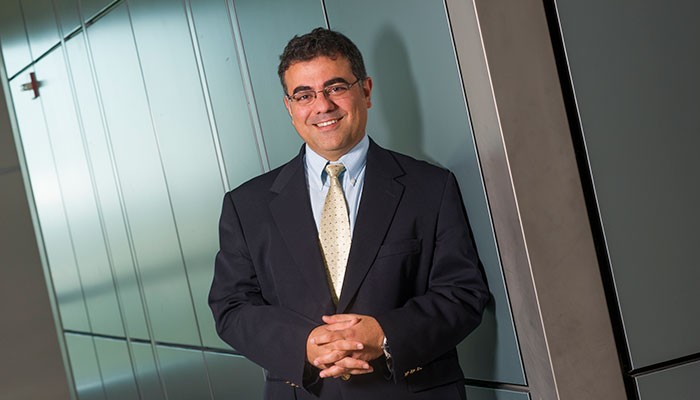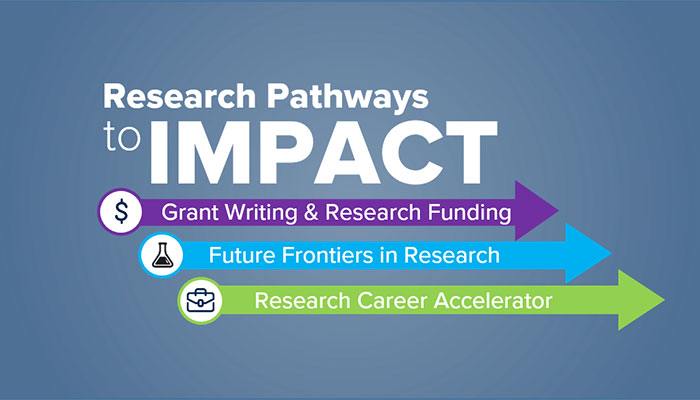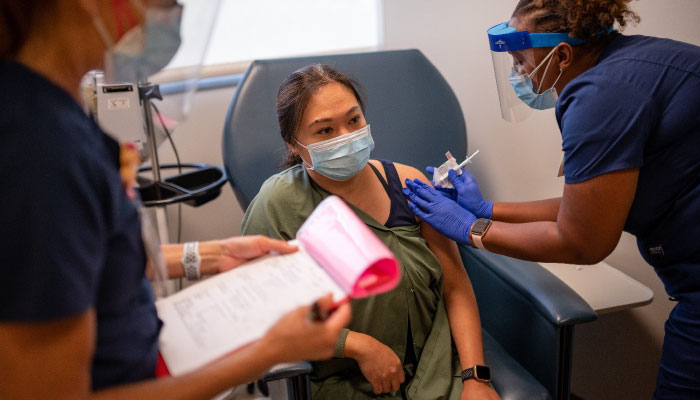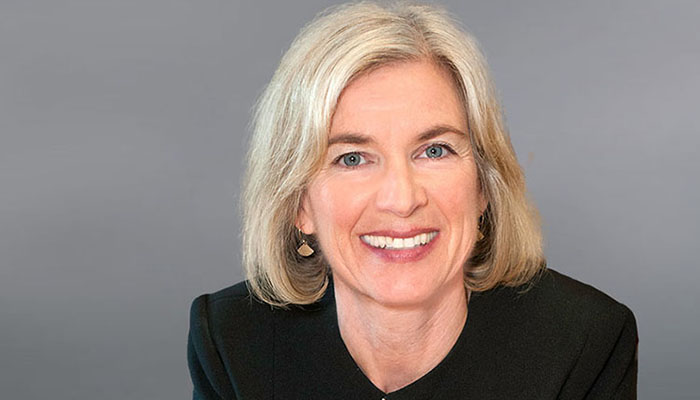New Project Documents How California’s K-12 Schools are Tackling the Pandemic
By Lisa Howard
Over the past 10 months, K-12 school districts in California have faced unprecedented challenges due to the COVID-19 pandemic. To help reduce the spread of the virus in spring 2020, districts largely transitioned to distance-learning, with some or all of the instruction happening online.
To understand the potential impact of these instructional changes, researchers at the California Education Lab at UC Davis are collecting a wide range of data from schools across the state to create a public dataset that can be used for research.
There are 1,037 public school districts in California serving more than 6.1 million students.
Data the California Education Lab is tracking includes school closure dates, communication with parents and students, instructional plans and type of delivery (such as remote or in-person), grading and attendance policies, access to laptops and Wi-Fi, and other resources the schools might be providing, like nutrition programs and mental health services.
Capturing this information is critical because it can provide unique insights into the pandemic’s short-term and long-term impact on California’s K-12 students. Some key issues are how COVID-19 educational strategies have affected students, particularly the most vulnerable students.
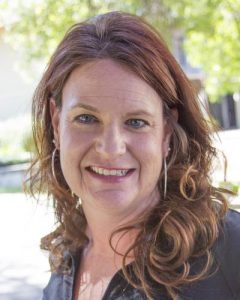
Sherrie Reed
“We know from studies done earlier this year that many students are likely to be more academically behind than they would during a typical school year,” said Sherrie Reed, the executive director of California Education Lab. “We also know that school closures will be particularly harmful for low-income students, those in the earlier grades, students who are learning English and pupils with disabilities.”
More than 40% of the state’s K-12 students speak a language other than English at home, and approximately 20% of students receive supplemental instruction as English language learners.
The project is conducted in partnership with Policy Analysis for California Education (PACE). It is funded by a $50,000 grant from the Stuart Foundation, a $100,000 grant from the Bechtel Foundation and a $50,000 grant from Sobrato Family Foundation.
A team of UC Davis undergraduate students, working alongside faculty and graduate students, is manually collecting the data from district websites. The first wave of data was collected from an archive of websites in spring 2020.
Now, the team is collecting data from each district’s Learning Continuity and Attendance Plan. These plans, which are now required by the California Legislature, provide details about how student learning continuity will be addressed during the COVID-19 crisis.
“This large-team approach allows for a deeper investigation of school districts’ responses to the pandemic. It will provide us with more data than we could accomplish solely through technology-driven methods,” said Reed.
A forthcoming report, to be released in winter 2021 by PACE, summarizes findings from the first wave of data collection. Many districts were able to organize and preserve — or even expand — support of students’ basic needs, including providing free meals and access to technology such as devices and internet connectivity. On average, the transition to remote instruction in spring 2020 took 16 calendar days. Yet, instructional approaches varied across districts, from synchronous online classes to take-home paper materials, as did attention to individual learning needs.
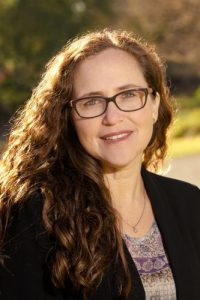
Michal Kurlaender
Michal Kurlaender, professor and department chair in the UC Davis School of Education, is one of the principal investigators working with Reed on the project.
“Educators and researchers predict deepening inequalities as a result of school closures during the pandemic,” said Kurlaender. “And while the extent of the disruption to learning is yet to be determined, the data collection we are doing will allow us better understand the various approaches employed by districts, and the impact of those approaches on student outcomes, both now and in their long-term educational trajectories.”
Contact
- Eva Guralnick, Director of Marketing and Communications, UC Davis School of Education, 530-750-9667, [email protected]
- Sherrie Reed, Executive Director, California Education Lab, UC Davis School of Education, [email protected]
Resources
Latest News & Events



